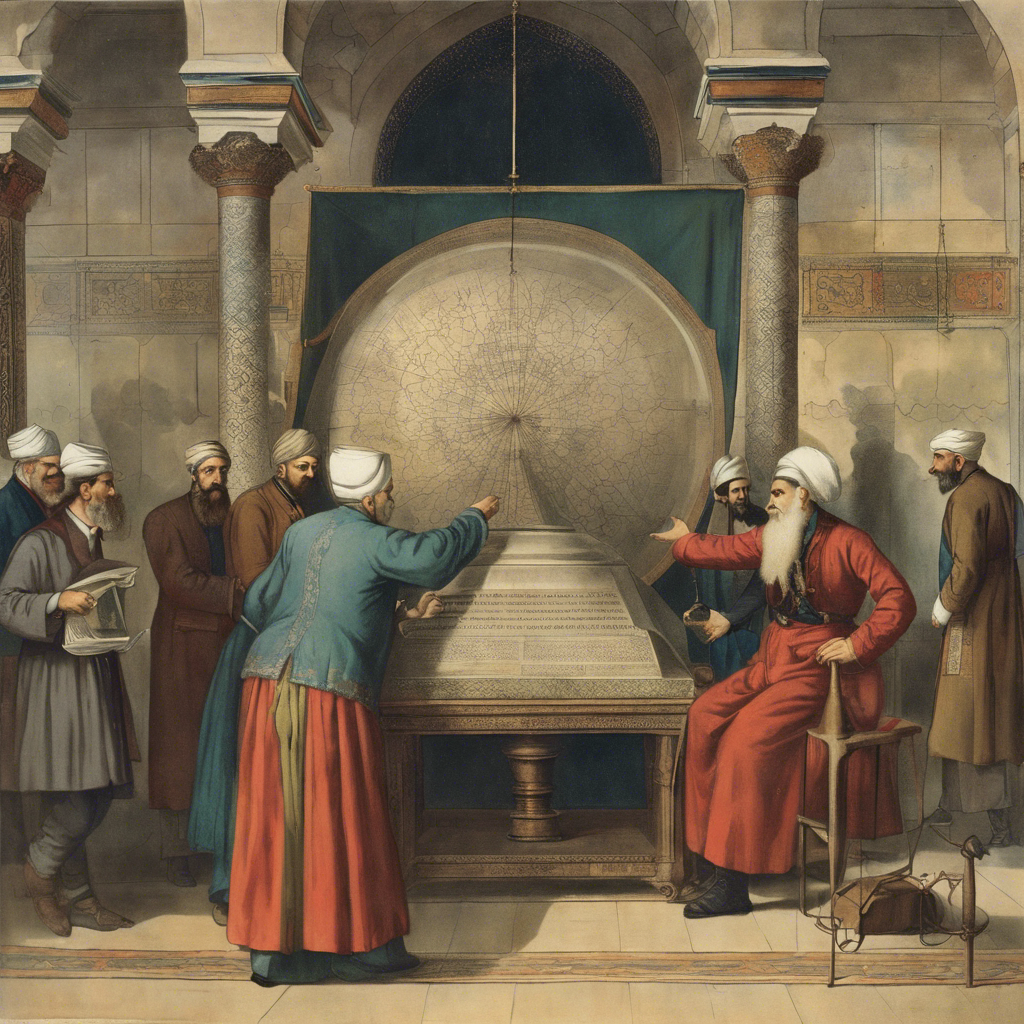Unveiling the Scientific Legacy of the Ottoman Empire: The Ottoman Scientific Heritage

A groundbreaking study sheds light on the scientific achievements of the Ottoman Empire and its impact on geopolitics.
Throughout history, empires have relied on scientific advancements to assert their dominance and expand their territories. From medical breakthroughs to technological innovations, science has played a pivotal role in shaping the destiny of nations. While the scientific achievements of European powers have been extensively studied, the scientific legacy of the Ottoman Empire has remained relatively unexplored. However, a monumental research project led by Ekmeleddin İhsanoğlu and his team has unveiled the rich scientific heritage of the Ottoman Empire, providing valuable insights into its rise and fall.
Science in the service of the Ottoman Empire:
The Ottoman Empire, established in the 14th century, reached its zenith during the 16th century, encompassing vast territories across Africa, the Middle East, and Southeast Europe. Within its dominion were renowned centers of Arabic learning, including Al-Azhar University in Cairo and Damascus. Notably, Ibn al-Shatir, an astronomer from Damascus, developed planetary models similar to those of Nicolaus Copernicus, centuries before the European astronomer. These examples highlight the scientific prowess of the Ottoman Empire, which has largely been overshadowed by the scientific achievements of its European counterparts.
The research of Ekmeleddin İhsanoğlu:
For nearly four decades, Ekmeleddin İhsanoğlu, a Turkish scholar-diplomat, and his team have meticulously combed through archives and libraries to piece together a comprehensive understanding of Ottoman science. Their efforts have resulted in 18 volumes of research, originally published in Turkish. The recently released three-volume summary, “The Ottoman Scientific Heritage,” translated by historian Maryam Patton, provides an accessible and enlightening overview of the project’s findings. The extensive research identifies thousands of scholars and manuscripts from collections across 52 countries, offering a valuable resource for historians.
Eclipsed no more:
Historians have often faced challenges in studying earlier empires due to the scarcity of official records and personal documents. However, the research led by İhsanoğlu has managed to overcome these obstacles, shedding light on the scientific achievements of the Ottoman Empire. By authenticating discoveries and inventions through manuscripts and commentaries, the team has constructed a comprehensive record of scientific advancements during the empire’s reign. This groundbreaking work ensures that the scientific legacy of the Ottoman Empire will no longer be overshadowed by other empires of its time.
Historical similarities:
İhsanoğlu’s research draws parallels with Joseph Needham’s monumental series, “Science and Civilisation in China.” Both scholars, trained as chemists, dedicated their lives to uncovering the scientific achievements of their respective empires. Needham’s work focused on China’s early technological superiority and the subsequent rise of Europe in scientific and technological development. İhsanoğlu’s research similarly seeks to understand why the Ottoman Empire’s scientific advantage was not further developed and why the scientific and industrial revolution emerged in Europe instead.
Conclusion:
“The Ottoman Scientific Heritage” stands as a testament to the scientific achievements of the Ottoman Empire and its impact on geopolitics. This groundbreaking research, led by Ekmeleddin İhsanoğlu, has unveiled a rich scientific legacy that had long been overlooked. The study not only provides valuable insights into the rise and fall of the Ottoman Empire but also raises thought-provoking questions about the connection between scientific advancement and geopolitical primacy. As historians continue to delve into this research, the scientific contributions of the Ottoman Empire will rightfully take their place in the annals of scientific history.





